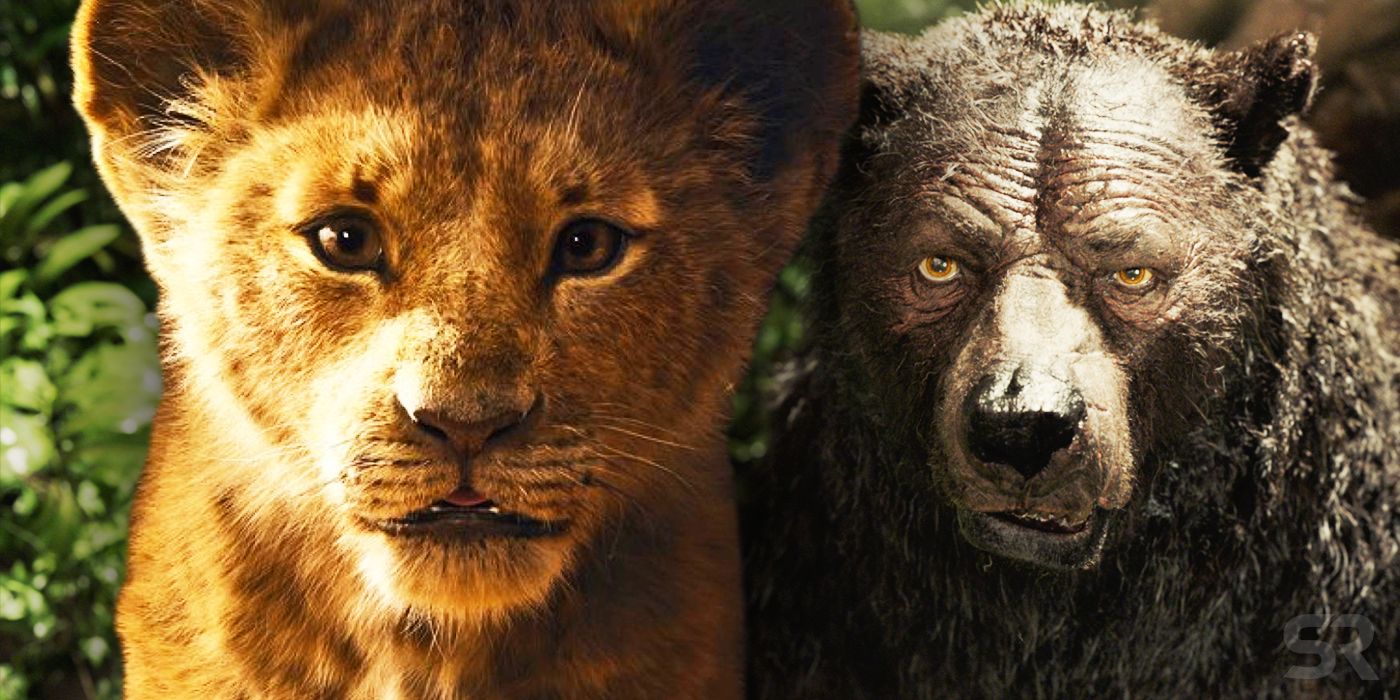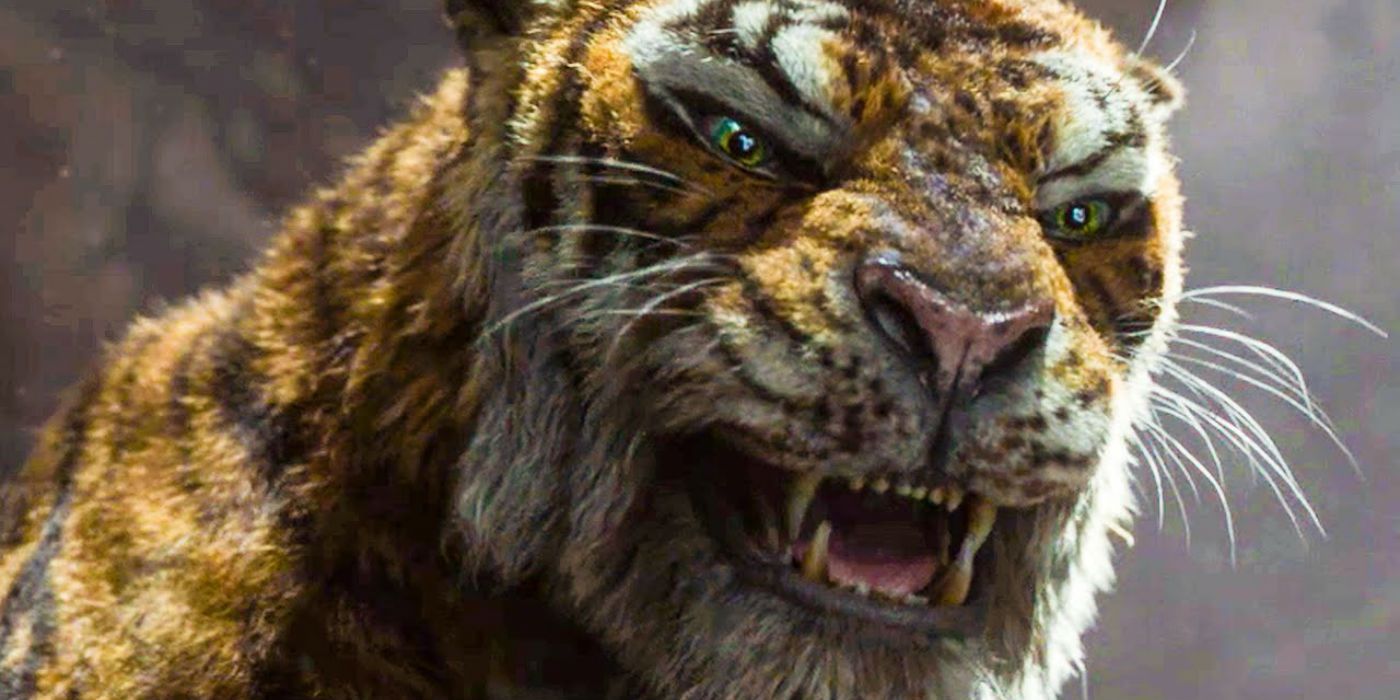
Netflix's Mowgli proves Disney's The Lion King remake is moving in the right direction. The release of Andy Serkis' mo-cap reimagining of the Jungle Book is seismic for many reasons - it's the first full feature from his production company The Imaginarium, Netflix's purchase of the movie from Warner Bros. sees the streaming giant further its war against the multiplex - but it may be next summer where its role in history is most felt.
It's very hard not to mention Disney when discussing Netflix's movie. Their 1967 animated outing is one of the most well-known adaptations of Rudyard Kipling's tome, and perhaps more pertinently, its remake was produced alongside Mowgli (The Jungle Book's 2016 box office domination is part of why Serkis' film was pushed back and eventually changed studios). But there's also a lot to be said of its relationship to The Lion King too; Mowgli's story as retold is basically that of Simba's (he runs away, learns to love a new life, but has to go back to fight his effeminate British usurper) and its animation style reflects rather positively on what's coming up from the Mouse House.
Related: Why the 'Realistic' Lion King Remake Looks Worse Than The Original
Next year, Disney releases its "live-action" remake of The Lion King. Live-action is in quotations because, while it's in the style of their recent remake trend, specifically Jon Favreau's The Jungle Book, it's entirely computer generated, so is technically animated. What most critics following the teaser trailer appear to have a problem with, however, is less the classification and how the style robs the story of its playful, cartoonishness. Comparing any shot from The Lion King trailer reveals the impact. As the dissenters say, wouldn't it be better with some sense of style?

Mowgli provides that answer, and it's a resounding "no". With the aim to showcase what his new studio can do, Serkis' film put the facial capture technology front-and-center, with all the subtle movements of himself as Baloo, Christian Bale as Bagheera, Benedict Cumberbatch as Shere Khan and the rest of the cast recreated in all their exaggerated glory. That's the school of thought that brought us Gollum, King Kong, Smaug, Tin-Tin and Planet of the Apes, yet here, in a world that is trying to claw its way out of the uncanny valley, it just comes across as unsettling. The overstated movements at every syllable (a necessity when performing for a facial dot camera) are translated so literally that jar with the world as otherwise presented, and the cartoony CGI exaggerates everything too much.
Disney's Jungle Book's animation style has its problems, mainly in the integration of mouth animations, but otherwise, its limited anthropomorphization benefitted the story. This is sure to only go double for The Lion King, which has refined technology, an experienced director and, now, undeniable proof of approach. Mowgli isn't the final nail in doing a middle-ground style of animal animation is doomed to failure, but it does highlight the easy pitfalls that The Lion King is avoiding.
There's an argument to be made that, rather than going back to Kipling's book, Mowgli was more concerned with not being the Disney film. It's somewhat ironic (and a little disappointing) that a key part of its legacy will lie in the comparison come July 2019's release of The Lion King.
Next: The Lion King Remake's Biggest Change Needs To Be The Hyenas
from ScreenRant - Feed https://ift.tt/2rwl1qn


0 Comments